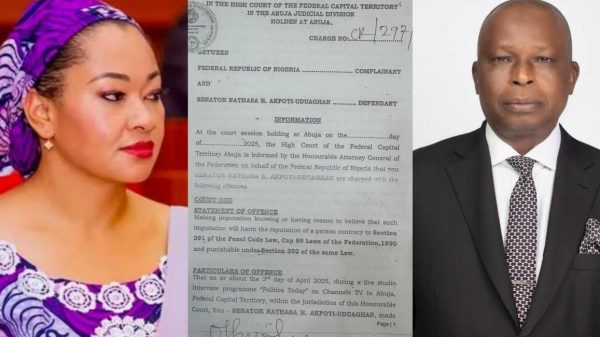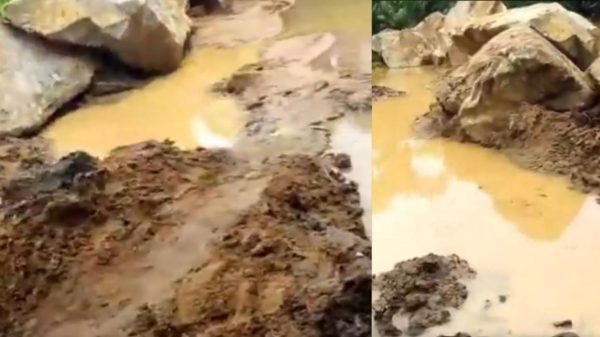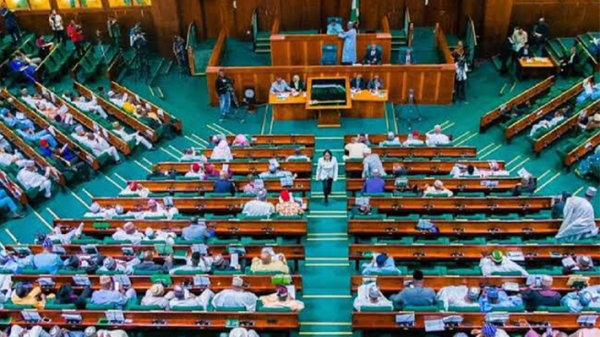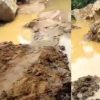The Nigerian Geological Survey Agency (NGSA) has addressed the recent earth tremors that shook parts of the Federal Capital Territory (FCT) in Abuja, assuring residents that the tremors are “low-level” and do not pose a significant threat to lives or property. The agency made this known in a statement released on Thursday, following concerns raised by Abuja residents after the tremors were felt in various parts of the city.
According to the NGSA, earth tremors of this nature are not uncommon in certain regions of Nigeria, particularly around the Abuja area, but are typically mild in intensity. “We can confirm that the tremors recorded in the FCT are of low magnitude and pose no major risk to the public,” the agency stated.
Despite the assurance, the NGSA has pledged to continue closely monitoring the situation to detect any further seismic activity and take appropriate action if necessary. “Our team of experts is constantly monitoring the seismic activity in and around the Abuja area to ensure early detection of any significant changes. We urge the public to remain calm, as these types of tremors rarely lead to serious damage or disasters,” the agency said.
The tremors, which were felt earlier this week in some districts of Abuja, sparked fear and confusion among residents, many of whom were unsure of the cause and potential danger. Some areas affected by the tremors included Gwarinpa, Maitama, and parts of Asokoro, leading to heightened anxiety. There were initial fears that the tremors might indicate an impending earthquake, which raised concerns due to Nigeria’s general lack of preparedness for major seismic events.
In response to these concerns, the NGSA explained that the FCT lies within a zone that experiences mild tremors from time to time but stressed that these are usually of low intensity and not on the scale of destructive earthquakes seen in other parts of the world. “It is important to note that while Abuja occasionally experiences tremors, Nigeria is not in an earthquake-prone region. What we are witnessing are minor seismic activities, and there is no need for panic,” the statement further clarified.
However, the agency also acknowledged the need for greater public awareness about the nature of seismic activities in the region. It emphasized the importance of educating residents on how to respond to such events calmly and effectively. “We are committed to ensuring that the public is well-informed about these occurrences. More public education campaigns will be rolled out in the coming months to better equip citizens on how to respond during tremors,” NGSA added.
While the tremors caused minimal disruption, the NGSA’s reassurances have helped to ease the fears of many residents. The agency has also promised to keep the public updated with any further developments regarding the seismic activity in Abuja.
In the meantime, NGSA officials have advised the public to report any unusual occurrences or damage related to the tremors, although none have been officially recorded so far.
As the NGSA continues to monitor the situation, it has also called for collaboration with other relevant agencies to ensure a coordinated response in the unlikely event of any significant seismic activity.
















































































































